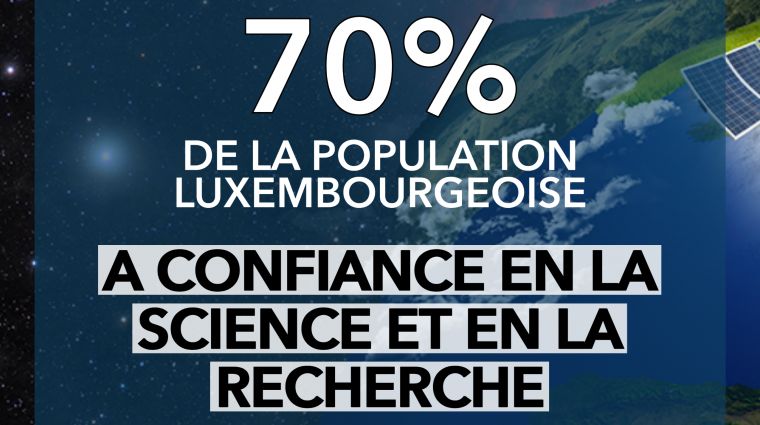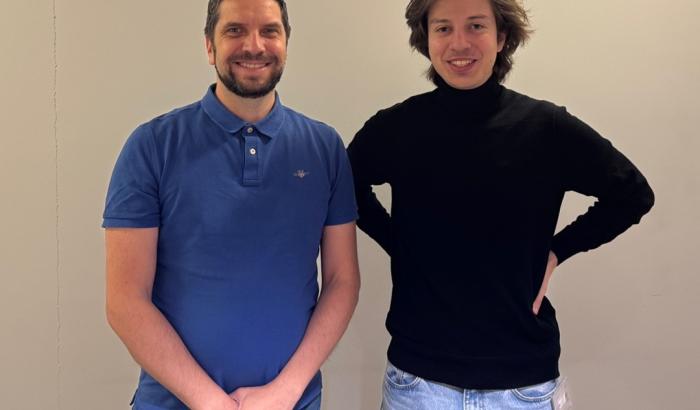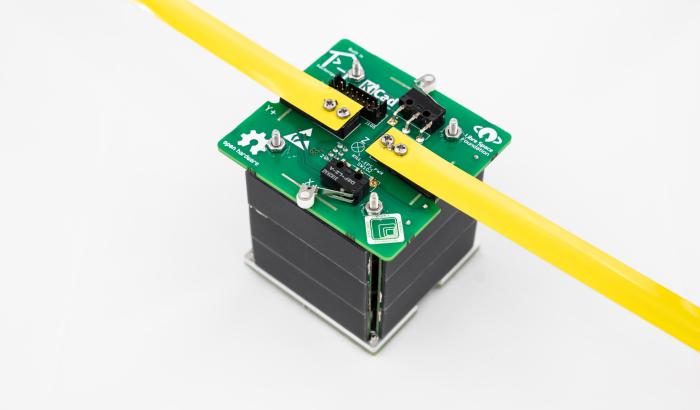Etude terminée

(C) shotshop
Scientists of the SnT want to give drivers working in the Kirchberg region of Luxembourg incentives to drive home at non-rush hour times after getting off work.
Scientists of the Interdisciplinary Centre for Security, Reliability and Trust (SnT) of the University of Luxembourg want to give drivers working in the Kirchberg region of Luxembourg incentives to drive home at non-rush hour times after getting off work. The aim is to reduce and maybe even prevent the daily traffic jams within the city. A new study with a mobile App tests whether gamification, i.e. playful approaches, can be used to induce behavioural changes in drivers.
Commutastic: iPhone App and study
The SnT researchers have accordingly developed a new application for iPhones, which is already available. The app is called “Commutastic” and can be downloaded from the Appstore for free. Once registered, participants are granted free evening access, between 5 p.m. and 8 p.m., to the d’Coque, the MUDAM, the Ellipse Fitness Studio and the Utopolis Cinema Kirchberg. This promotional campaign goes until 26 June 2015.
Reducing traffic jams with playful approaches
The Commutastic app is part of an eponymous study in which the scientists are researching into how to reduce traffic jams in Luxembourg using playful approaches. The app does not record any GPS data; personal data is used exclusively anonymised for the analysis. The study is part of the I-GEAR project and based on the results of the "Driver Diaries" study.
In order to use the leisure activities for free, the user scans a QR code at the reception of the respective project partner and then shows the iPhone screen to the employee. The user then receives direct, free access to the cinema, swimming pool, museum or fitness studio. Any iPhone owner working in Luxembourg who commutes by car may participate in the study.
Those interested can subscribe individually or as a group of work colleagues by sending an email to Martin.Kracheel@uni.lu. More information: www.igear.lu.
Author: University of Luxembourg
Photo © shotshop.com
Infobox
Launched in 2009 by the University of Luxembourg, SnT is an internationally recognised leading research institute that together with external partners establishes Luxembourg as a European centre of excellence and innovation for secure, reliable, and trustworthy information and communications technologies (ICT). In order to create a great impact, SnT follows an interdisciplinary research approach, taking not only technical aspects into account but also addressing business, human, and regulatory issues. SnT provides a valuable platform for interaction and collaboration between university researchers and external partners.
More information at www.uni.lu/snt.







